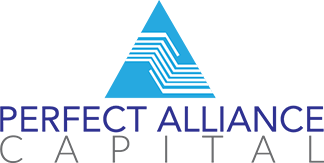Financial needs arise frequently in small business environments. You may need to order substantially more supplies, quickly hire additional staff, complete emergency repairs, or fund some other urgent need. Because many small businesses operate on rather tight margins, coming up with cash in a pinch can be a challenge.
Fortunately, there are a number of lending options that can prove useful to small business owners in just such cases. Varying types of loans — from lines of credit, to asset-based loans, to crowdfunded investment — can all have a part to play in keeping a business going. Read on to learn more about these types of funding.
Lines of Credit
A line of credit basically functions as a credit card for your business. You can draw funds up to a certain limit — and once it is repaid, you can draw those funds again.
Lines of credit are great, because you can always have them in your back pocket, ready to use when a significant financial hurdle arises. Credit lines are either secured or unsecured, meaning backed by collateral or not (the difference may affect your credit limit, as well as your line’s interest rate).
Finally, regular repayment of a line of credit can boost your business’ credit score, giving you more access to financing in the future.
Asset-Based Loans
Asset-based loans are secured based on the value of something you put up for collateral — property, equipment, inventory, or something else of value. Due to their inherently secure nature, they are generally quick to secure, and liberal in potential application. In short, if you need a large lump sum, and quickly — and have something of considerable value to put up as collateral — you can often secure needed financing fairly rapidly.
Crowdfunding
Crowdfunding is a unique type of financing that involves soliciting business investments, sometimes in exchange for ownership equity in your business. If you have a business that is attractive to venture capital, it can often be a way to quickly raise substantial amounts of cash. However, co-ownership is a non-starter for some business owners, so you will have to determine whether that is worth the price of investment.
In short, there are many conventional — and alternative — ways to find needed additional funding for a small business. If you have a clear vision, and a careful business plan, there are options to secure the funding that your business requires.
